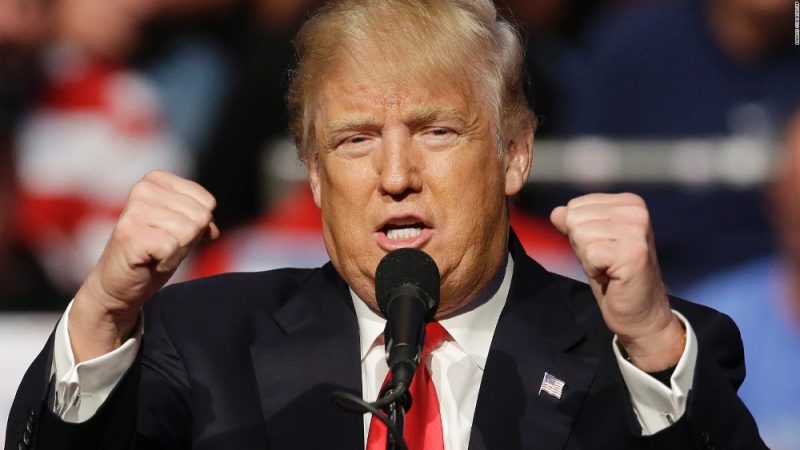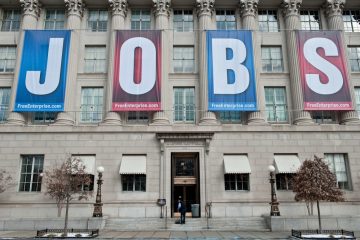The Republican Party has spent so much time railing against debt and deficits for the past eight years, it’s easy to think that this issue has always been dear to them.
Guess not.
It already seems now that there’s a new Republican president in town, the GOP is already forgetting its debt-phobia once again. Donald Trump campaigned on a massive $ 1 trillion infrastructure program, an expensive border wall, and massive tax cuts aimed largely at the wealthy. He has no plan to reduce the debt, and told Fortune earlier this year that’s not a priority from him. He’s also argued that economic growth under his watch would be so great as to make the problem irrelevant.
Enter Trump economic advisor Anthony Scaramucci. Scaramucci, a hedge fund manager who is famous for his annuls Las Vegas conference, published an op-ed in the Financial Times on Friday arguing that Trump’s promise to spend big on infrastructure makes economic sense during a time when infrastructure is in poor shape and interest rates are so low that borrowed money is essentially free once inflation is taken into account. Because of that, all these investments would have to do, Scaramucci argues, to make the country more wealthy is to increase economic growth even marginally.
Of course, this is what Democrats, and even some Republicans like former Federal Reserve Chair Ben Bernanke, have been saying for years. And most Republicans, particularly leaders of the House of Representatives, greeted these proposals as if they were being presented by the devil himself, demanding instead an immediate balancing of the federal budget. Even Scaramucci has been skeptical of stimulus spending in the past, telling the conservative website Newsmax back in 2012—when President Obama also used low rates as a reason to invest in infrastructure—that government debt was bad. Full stop. According to Scarmucci:
What typically happens is Keynesian stimulus or monetary stimulus is that it works in the short term, it’s like that hit of a drug, if you will, but then you need successively more and more of it. If spending was the solution, then Greece would be the fastest growing government . . . We do know that government spending at some point becomes a parasite on the economy.
When challenged on this contradiction on Twitter, Scaramucci argued
One could argue that it’s natural for Republicans to only trust Republican presidents to be responsible with government spending. But this mindset will only lead to political gridlock and the complete lack of bipartisanship. Infrastructure spending used to be something that both parties agreed was the proper role of the federal government. And to spend on it back in 2011 or 2012—when rates were low and unemployment high—made complete economic sense. Whether or not a Republican Congress will relearn this fact now that there is a Republican president remains to be seen, but if they do it will be a sad commentary on our ability to negotiate with political rivals in good faith.
And it’s looking like that’s where we are headed.










